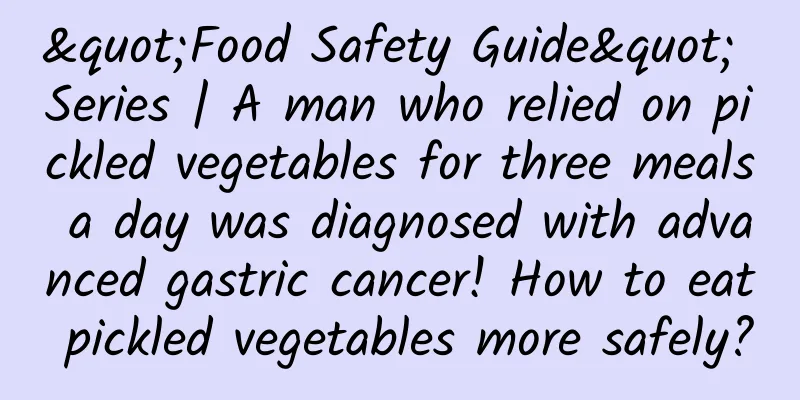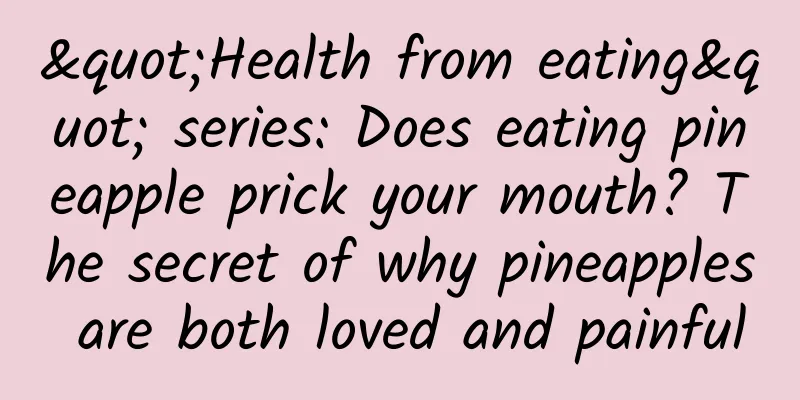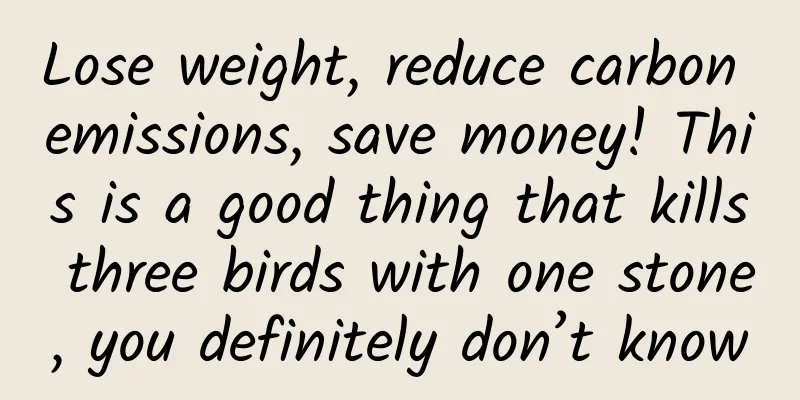"Food Safety Guide" Series | A man who relied on pickled vegetables for three meals a day was diagnosed with advanced gastric cancer! How to eat pickled vegetables more safely?

|
Recently, a news report about a man who ate three meals of pickled food every day and was diagnosed with advanced gastric cancer became a hot topic. Will long-term consumption of pickled vegetables harm your health? How can you eat pickled vegetables more safely? With these questions, the reporter interviewed Yu Huanling, professor and vice dean of the Department of Nutrition and Food Hygiene, School of Public Health, Capital Medical University. Homemade pickled vegetables. Photo by Qiao Yeqiong, a reporter from People's Daily Online Can we eat pickled vegetables? "Pickled vegetables are traditional foods made from vegetables through processing techniques such as pickling or pickling. They include common pickles, kimchi, fermented sauerkraut, etc." Yu Huanling introduced that some media reports mentioned the impact of pickled vegetables on health, which mainly reflected the content of nitrite in pickled vegetables. Yu Huanling said that excessive intake of nitrite can induce toxic methemoglobinemia, with symptoms such as chest tightness, dyspnea, dizziness, headache, shortness of breath, nausea, vomiting and diarrhea. In severe cases, people may fall into a coma, have convulsions, suffer from incontinence, and even die from respiratory failure. "In addition, nitrite can also react with amines, the decomposition product of protein in the stomach, to produce N-nitroso compounds such as nitrosamines, which are extremely teratogenic and carcinogenic," said Yu Huanling. According to the national food safety standard GB 2762-2012 "Limits of Contaminants in Food", the nitrite content (calculated as sodium nitrite) in pickled vegetables shall not exceed 20 mg/kg. The agricultural industry standard NY/T 437-2012 "Green Food Pickles" stipulates that the nitrite content in green food pickles should not exceed 4 mg/kg. So, are the pickled vegetables that people usually eat safe? Yu Huanling said that the nitrite content in pickled vegetables will continue to decrease over time, and the peak value often appears 5-10 days after pickling, mostly at 20-30 mg/kg. Usually after 20 days, the nitrite content in pickled vegetables is relatively low. "If you pickle kimchi yourself, it is best to eat it within 2 days or after 20 days." "Pickled vegetables are relatively safe as long as you pay attention to hygiene and operate properly. To prevent nitrite poisoning, the most important thing is to avoid misuse, that is, using nitrite as table salt," said Yu Huanling. How to eat more safely? Yu Huanling said that traditional pickled vegetables are made by fermenting using the high osmotic pressure of salts and the action of microorganisms. However, since fresh vegetables used as raw materials for pickled vegetables are usually highly enriched in nitrates, during traditional storage and fermentation processes, nitrates are easily converted into nitrites by nitrate reductase bacteria, causing safety problems such as nitrite residues and exceeding standards. "In life, although food poisoning caused by the nitrite content in pickled vegetables is relatively rare, for the sake of everyone's health, the nitrite content can be reduced as much as possible by improving the process." Yu Huanling suggested that the vegetable raw materials can be blanched and stored at low temperatures, and appropriate amounts of tea polyphenols, ginger juice, spices, etc. can be added to the fermentation broth to reduce the production of nitrite. According to the national food safety standard GB 2760-2014 "Standard for the Use of Food Additives", the antioxidants allowed to be added to pickled vegetables include phytic acid, ascorbic acid, phospholipids, D-isoascorbic acid and its sodium salt, etc. "Adding antioxidant vitamins can inhibit the formation of nitrite in pickled vegetables, and the effect of ascorbic acid (vitamin C) is better than vitamin E and vitamins, suggesting that some complex vitamins can be appropriately added when pickling." Yu Huanling said. "Compared with fresh vegetables, the nutrient content of most pickled vegetables is lower, while the content of salt and nitrite is increased. Therefore, although pickled vegetables are delicious, you should pay attention to controlling the amount you eat to avoid excessive sodium intake," said Yu Huanling. Yu Huanling recommends eating pickled vegetables with fruits and vegetables rich in vitamin C, such as bell peppers, broccoli, winter dates, strawberries, etc., which can not only improve food safety, but also reduce the harm of nitrite to the body. (People's Daily reporter Qiao Yeqiong, intern Hu Haiyue) |
<<: Can plant roots also grow upward? Scientists explain new mechanism of plant gravity perception
>>: Bad bacteria are causing trouble for medical treatment? Stop them with antibacterial coating!
Recommend
The "invisible shield" that secretly protects the Earth
Produced by: Science Popularization China Author:...
Information flow promotion optimization strategy, do this well to achieve 80% success!
Seeing the world through our eyes is an innate ab...
How to establish a user system with sustainable growth?
The user system did not come into being after the...
Teach you how to create an H5 plan that will attract millions of users in 5 steps!
First of all, I want to say that not all H5s are ...
Wild boars are on the scene, minnows are back, black storks are staying here… Where are Beijing’s wild animal “neighbors”?
Not long ago, a wild boar broke into a residentia...
Why does uric acid still rise after quitting drinking and eating less high-purine foods? This ingredient in food has been overlooked!
Hyperuricemia is a metabolic disease caused by pu...
2020 China Internet Advertising Trend Report!
In previous sharing, we said that 2019 is the fir...
With the same budget, which one will have better conversion rate between Douyin and Baidu?
Since 2016, when information flow entered the cou...
Why do you feel dry eyes when you wake up in the morning? Attention! In this case, you need to see a doctor immediately (with the correct "hydration" method)
Expert of this article: Li Zongou, Master of Opht...
An 84-year-old programmer reveals the programming story of the world's oldest iOS developer
When Masako Wakamiya got her first computer at ag...
Secret eavesdropping, targeted promotion...are they all true?
I was just chatting with a friend about "Sha...
How much does it cost to customize the Liuzhou Automobile Mini Program? Liuzhou Automobile Mini Program Customized Price Inquiry
The mini program provides convenience for publici...
How to write copy? Besides Apple, Jiang Xiaobai, and Durex, what else can we copy?
I have to let Mr. Qiao take charge of the post to...
How much does it cost to join a restaurant kitchen app in Jixi?
For entrepreneurs, although mini program developm...









